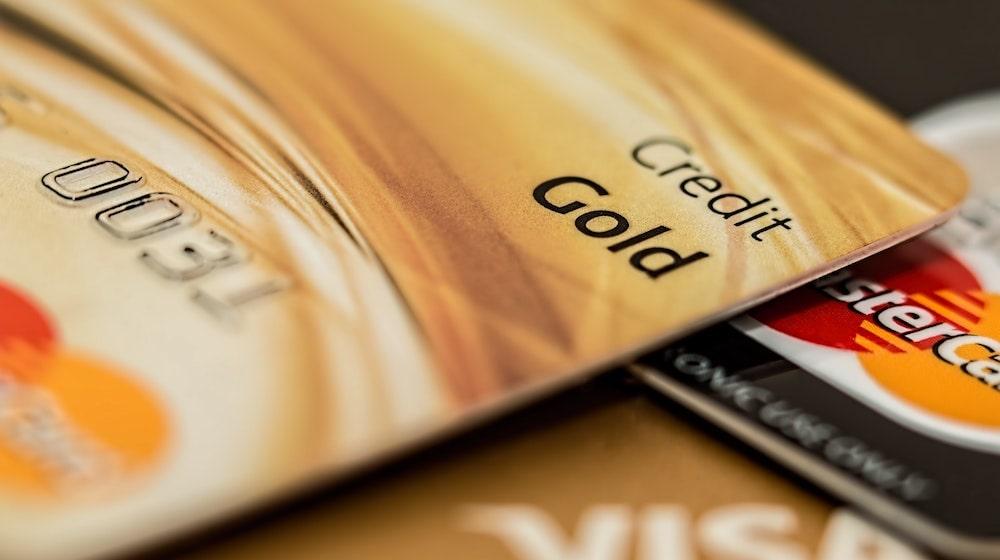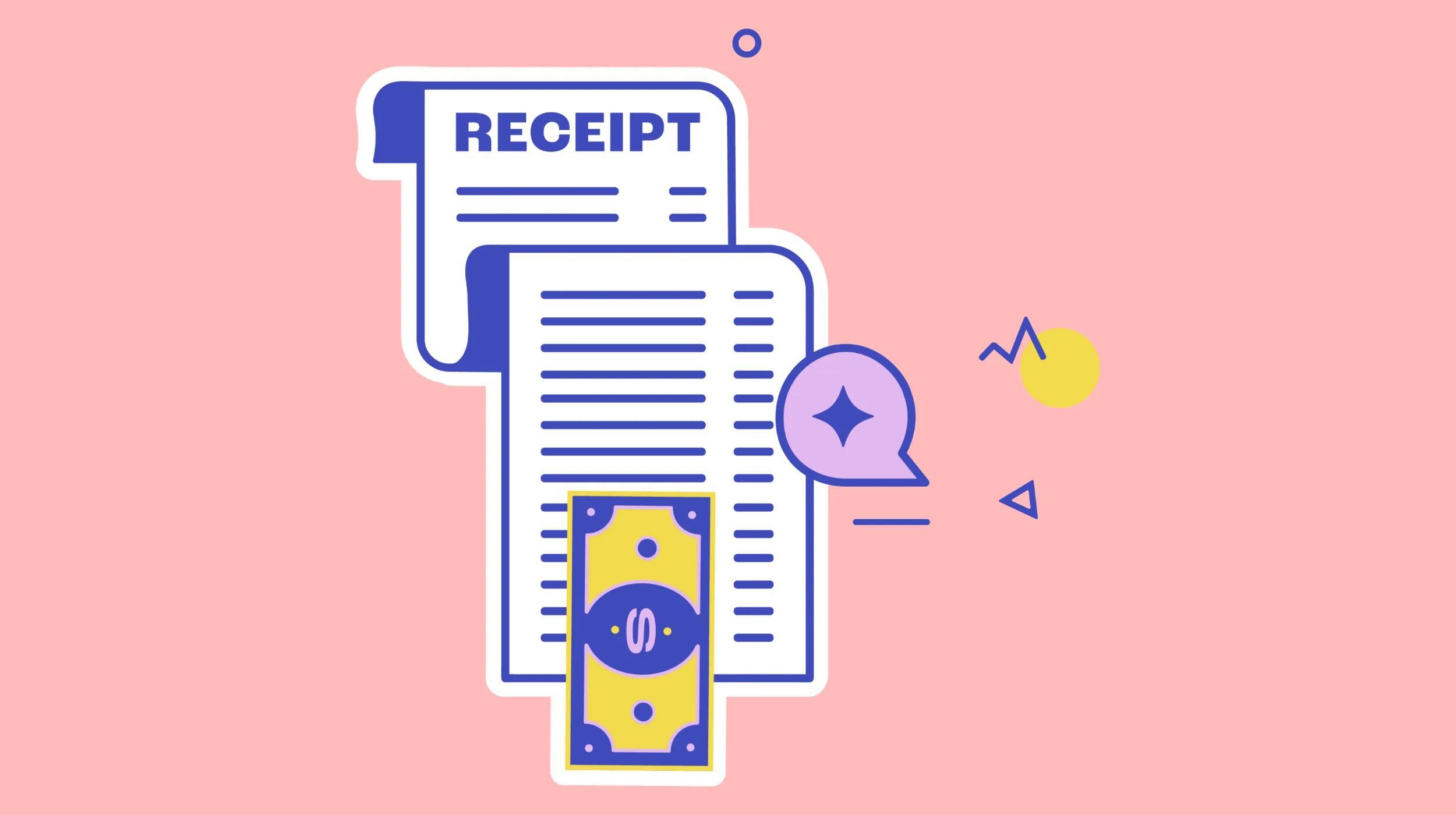For business owners, understanding business vs. personal credit cards is key. It isn’t just a matter of using one credit card for your personal life and another for your business expenses. These are two different products that can have major economic and legal implications for your business.
That being said, it’s understandable if you have questions. Many of us do, including: Can you use your personal credit card for business purposes, or vice versa? What kind of protection or benefits does a business credit card offer? Why can’t you just use the same credit card for everything in your life?
Let’s break down the key differences between business and personal credit cards. We’ll discuss each type of card, what you typically use them for, and why a business credit card is an invaluable tool for both new and established business owners.
Disclaimer: This content should not be construed as legal or financial advice. Always consult an attorney or financial advisor regarding your specific legal or financial situation.
Business vs. personal credit cards: The basics
First things first: A credit card is a payment card issued to users that allows the cardholder to pay merchants for goods and services with credit now. Then the cardholder pays that amount plus agreed-upon charges back to the card issuer later.
The amount of money you’re allowed to spend with your credit card is called, fittingly, credit.
Credit cards exist because people and businesses generally don’t receive payment every single day. Sometimes, you don’t have the cash on hand to pay for groceries.
Businesses use credit cards a similar way. Some businesses have many expenses to cover to stay operational, and if they’re waiting on a big payment to come in, they may use a credit card to pay those expenses until that payment hits their bank account.
These days, most credit card companies also offer perks and rewards to incentivize individuals and businesses to use their cards more frequently. The more difficult the card is to qualify for, the better those perks and rewards will be. This is true for both kinds of credit cards.
When you apply for a credit card, the issuer will review your credit history to gauge what credit card product you qualify for. Your personal credit score is a major factor in what kind of card you can obtain — and your use of that card, in turn, can impact your credit score if you use the card wisely (or unwisely).
Personal credit

Your personal credit score is shorthand for how responsible you’ve been with the credit that credit card companies, banks, and other lenders have extended you. You’re probably familiar with your personal FICO score if you’ve ever applied for a personal credit card, taken out a loan, or even opened an account with a utility company.
Your personal credit is tied to your social security number (SSN) and is based on your personal spending history.
Things like personal credit cards, student loans and car loans may all impact your credit score.
Your personal credit history is compiled by the three major credit bureaus, Equifax, Experian and Transunion.
Personal credit scores range from 300-850, with a higher score denoting better creditworthiness.
Your score is calculated based on reports from those aforementioned three major credit bureaus. They’ll factor information like payment history, amount of debt owed, length of credit history, types of credit and new credit.
A good-to-excellent credit score often means you’ll qualify for lower-interest credit, and you’re more likely to be approved for loans.
If you choose to use a personal credit card for business purposes, that history won’t be reflected on your business’s credit report. That means when you go to apply for a bank loan, lenders won’t have the full picture of your creditworthiness and, as a result, may offer less favorable rates for your business loan since you used your personal credit previously.
Business credit
Like personal credit, business credit is a reflection of your business’s ability to pay your debts payments on time.
Business loan lenders may review your business credit score if you apply for a loan to fund your venture, so you’ll need to establish a strong credit history in order to qualify for the best products and rates.
Your business credit score is tied to your employer identification number (EIN) or business tax ID Number. An EIN enables the government to recognize your business for tax purposes. When your business uses a business credit card or applies for a loan, its credit score is affected by on-time or delinquent payments.
Your business credit history is reported by Experian, Equifax and other reporting agencies that deal specifically with businesses, like Dun & Bradstreet.
Business credit scores range from 1-100. The higher the number, the more likely lenders, credit card companies and others are to extend you credit.
While the method for determining your personal credit score is pretty standard, there is more variation for business credit scores, depending on the credit bureau.
That being said, business credit scores are impacted by factors such as credit utilization ratio, payment history, length of credit history, business size, industry risk, etc.
If you’re looking to grow your business with financing like a long-term business loan or business credit card with a low APR, it’s important to know (and improve) your business credit score.
Related: How to get a small business loan
The relationship between business and personal credit
How exactly do these two credit types interact? Is business credit based on personal credit? Does business credit affect personal credit?
The short answer: These scores are not related or linked. Your personal credit score stays with you for life, while your business credit score is linked only to your business.
There are scenarios, however, where personal credit takes the place of business credit, and not always to your benefit.
For example, if you’re a sole proprietor with no employees or a single-member LLC with no employees, you don’t technically need an EIN. In this case, you won’t have a business credit score for lenders to review, so they will refer to your personal score. This can be a mark against you if you’re applying for a business loan.
Note that business credit card issuers will use your personal credit score as a factor when determining whether you’re eligible for a certain card. Typically, larger lenders (such as banks) will be the ones to review your business credit score when you’re applying for a loan.
Benefits of using a personal credit card
While business and personal credit cards are largely used in similar ways — a consumer or business owner will put a purchase on their card when necessary, and pay it off as soon as possible — there are key distinctions that are important to discuss.
As a sole proprietor or single-member LLC without employees, you’re legally allowed to use a personal credit card for all of your expenses, but it’s not advisable.
If your business is registered as any other business entity, you must separate your personal credit card expenses from your business credit card expenses.
Improves your personal credit score
When you use your credit card, pay off loans on time, and pay off your credit card balance on time, your credit score improves.
Generally, as your credit score improves, your credit limit will also rise.
Your credit limit is the dollar amount that the credit card company is willing to cover upfront, with the expectation that you will pay back the entire amount plus interest and any other agreed-upon charges. Keep in mind that your personal credit score can impact your application when applying for business financing.
Most credit card companies offer rewards programs, benefits or perks to card users. Some cards may give you cashback rewards that you can redeem for statement credits, gift cards or approved products. Some cards give you frequent flyer miles or other travel credits. Before you apply for a specific card, it’s worth exploring what kind of rewards it offers.
Personal credit cards also come with greater consumer protections than business cards do. When Congress passed the Credit CARD Act of 2009, consumer credit cardholders were guaranteed a new and better level of protection from confusing or predatory lending policies.
Benefits of using a business credit card
While you may use a personal credit card as a sole proprietorship or a single-member LLC with no employees, there are still many reasons to use a business credit card rather than a personal credit card.
Keeps business and personal finances separate
Keeping your business and personal finances separate is an important principle of running your business. This is relatively easy to do if you set up a business bank account distinct from your personal bank account and use a bookkeeping system to track your business transactions.
When it comes to credit cards, it’s as easy as applying for and getting a business credit card. With a separate credit card for business, you can track business expenses independently of your personal ones, simplifying your financial and tax reporting come tax season.
If you’ve been using a single credit card to maintain your personal and business finances, it’s important to fix the situation as soon as possible. Managing your day-to-day business finances is crucial to maintaining the financial health and integrity of your business.
Ultimately, if you’re a sole proprietor, the choice is yours whether to use a dedicated personal consumer credit card or a business-specific credit card for your everyday business purchases. If you feel you don’t need the benefits associated with a business card, then a personal card may suit your needs.
But if you want to establish strong business credit, or if the perks and rewards of a business credit card could help your bottom line, it might be worth your while to make the switch.
And remember, if your business entity is anything other than a sole proprietor, you cannot use personal credit for business expenses.
Higher credit limits
Applicants often qualify for a higher credit limit with a business credit card than they would receive with a personal credit card. This is mainly because businesses tend to both make more money and spend more money than consumers do.
If you’re choosing between using a business credit card and a personal credit card, there are two reasons why you might want to go the business-route when thinking about credit limits.
First, the higher limit on the business credit card helps you cover those expensive purchases you need to make for your business — that’s a no-brainer.
But second, having a higher credit limit on your business credit card might actually help your business credit score.
The credit-reporting bureaus use your credit card utilization to determine your business credit score. This means that a higher credit limit on a business credit card could raise your total available credit line, improving your ratio of credit used to credit available.
Benefits and rewards that meet your business needs

Most credit card companies offer special benefits, perks, and rewards for both personal and business credit card users.
Choosing a business credit card can offer benefits better tailored to your specific business needs.
Many business credit cards offer loyalty programs specifically tied to common business purchases like gas, travel expenses, office supplies or printing services.
By using your business credit card responsibly, you earn business-specific rewards or even cashback on purchases you would make anyway. That way, you can use a business credit card to pay recurring fixed expenses and automatically generate rewards and perks on essential things for your business.
Other perks may include online account dashboards, custom spending controls and monitoring for employee cards, and other useful small business-specific features. And because credit card companies understand the revenue ebbs and flows of seasonal businesses, some offer discounts for paying a balance early during strong sales months or even an extended grace period during slower seasons.
Related: How to get a business line of credit when you’re just starting out
Builds business credit
You never know when your business might need a quick influx of cash. Whether you’re looking to expand to a new location, want to fund a new product launch, or just run into some tough financial times, good business credit is a huge asset when seeking capital.
Credit equals credibility to banks and lenders.
A stronger business credit score makes it more likely your business will be approved for business loans and will make it more attractive to investors. Establishing a strong credit history is important for any business.
Both types of credit cards hold you financially liable
Some entrepreneurs believe that as long as they’re using a business credit card, they won’t be held personally liable for the debt.
While certain types of entities may protect your personal finances from lawsuits, a business credit card does not protect you from debt. You as the cardholder and business owner are responsible for any credit card debt incurred regardless of whether your card is technically registered for business or personal use.
That’s why no matter the type of card or the purpose of your credit card use, it’s critical that business owners use credit cards responsibly. Make responsible purchasing decisions, pay your bill on time every time, and do not take on more debt than you can afford.
The bottom line
When you’re running a business, it makes sense to separate your business and personal finances. As such, it’s important to understand the differences between business and personal credit and know what business credit cards can do for your business. Whether you’re looking to build credit for a loan to open a new location, or you simply want to establish business credit in the event of a rainy day, a business credit card can be a major asset to your business.
This article includes content originally published on the GoDaddy blog by Meredith Wood.






